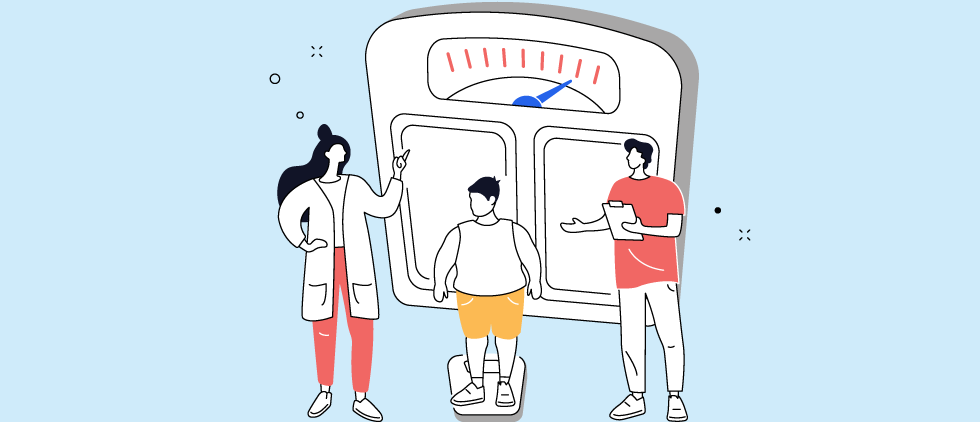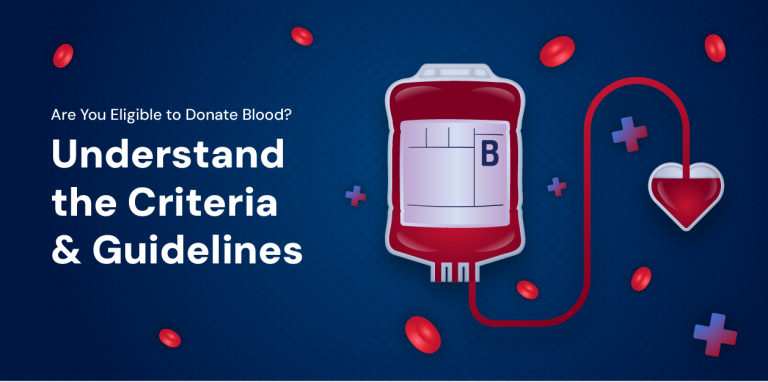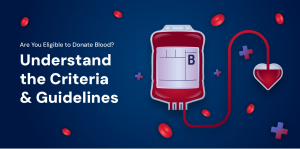Teenage is undoubtedly challenging, but it is also a time of self-exploration, growth, and long-lasting memories. Teens become conscious of their external appearance. Being overweight can make them feel angry, upset, or frustrated. Obese teens can have lower self-esteem. Some teens who are obese are bullied or become victims of body shaming. Let us dive deep to understand teenage obesity and ways to wisely conquer it.
Things That May Put Teenagers at Risk for Obesity:
A body mass index (BMI) of 30 or greater signifies obesity. Risk factors are related to the behaviour of individuals, body makeup, and metabolism.
Chemical Cocktail
- Teenagers with the lowest levels of Spexin (neuropeptide) were more than five times as likely to be obese than those with the highest levels of the hormone.
Lifestyle
- Overeating and a sedentary lifestyle both contribute to obesity.
- A diet comprising sugary, oily, and processed food items can lead to weight gain.
- Excessive screen time can increase the risk of obesity.
Genetics
- Obesity is strongly associated with genetics and environmental factors.
- This condition may be inherited through parents.
Possible Complications of Obesity in a Teen:
Perils of the Pounds
Obesity can be more than just an appearance issue. If not managed properly it can lead to severe health problems.
High blood pressure and cholesterol
- These are the risk factors for cardiovascular or heart problems.
Diabetes
- Obesity is one of the leading causes of type 2 diabetes. It can cause resistance to insulin, the hormone that regulates blood sugar levels. When obesity leads to insulin resistance, blood glucose levels are higher than the recommended range.
Joint problems such as Osteoarthritis
- Obesity can impact the knees and hips due to the stress placed on the joints by excessive weight.
Sleep apnea and Breathing Problems
- Sleep apnea causes individuals to pause breathing for brief periods. It interrupts sleep throughout the night and induces sleepiness during the day.
- Obesity can increase the risk of chronic respiratory conditions such as Asthma.
Ways to Manage Obesity:
Physical Activity
- It can benefit teenagers who are obese by increasing their lean body mass and energy expenditure along with an improved appetite.
Nutrient counselling
- Nutrient counselors will design a meal plan that promotes wellness and weight loss.
Dietary changes
- Ketogenic diets show crucial promise for aiding obese teenagers to shed weight.
- Reading labels on packaged food.
- Controlling the portion sizes.
Role of Parents
- Parents and caregivers can act as role models by providing healthy meals (rainbow salads, dry fruits, etc.) and snacks.
- They can impart nutrition education and help ditch junk food like oily chips or burgers.
- Encourage your teens to drink water or fruit juice rather than sodas or sugary drinks.
In extreme cases where exercise or dieting does not help, weight loss surgery or medications can prove beneficial.
Conclusion
Adolescence is a complex journey of self-discovery and interaction with the world. Excitement to try out varieties of food, explore the internet, or go on adventures is quite common during the teen years. A lot of teens become conscious about looks. Being obese or overweight during the teenage years is more than a matter of appearance. It can lead to future health complications such as diabetes or heart disease. Teenagers can conquer weight problems by consuming a balanced diet, exercising, and seeking counseling. For severely obsessed teenagers, medication or bariatric surgery can act as a beacon of hope. Parents and caregivers can also improve their mental health by emphasizing on their positive qualities and strengths.
-Content partner Happiest Health





